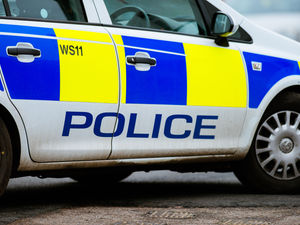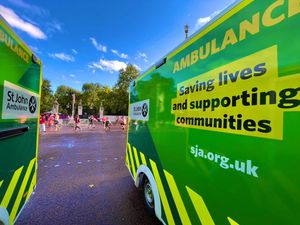Council planning to double tax bills on empty and second homes in Wolverhampton
A council is planning to double tax bills on empty and second homes in a bid to tackle the city’s housing shortage.
Watch more of our videos on ShotsTV.com
and on Freeview 262 or Freely 565
The owners of vacant homes across Wolverhampton will see their council tax bills double a year earlier under new plans by the City of Wolverhampton Council.
The penalty currently comes into force if homes are left empty for more than two years.
Now homes left empty for between one and five years would see council tax doubled and tripled if vacant for between five and ten years. The bill would be quadrupled if empty for a decade or longer.
Tax bills for second homes would also be doubled.
The most recent figures showed more than 1,500 empty homes across Wolverhampton currently.
The tax hike for empty and second homes would bring in an extra £500,000 in the next financial year, according to the council’s estimates in a report due to be discussed by councillors on September 17. The same report said the rise would bring in an estimated £700,000 extra in 2026.
Councillors are being asked to approve plans that would see the hike in council tax come into force after 12 months rather than two years. If backed, the increased charge would start from April 2025. The increase in second homes would begin in 2026.
“There is a shortage of homes both locally and nationally,” the council report said. “Through charging the maximum permitted by the legislation, owners of empty properties are likely to bring empty properties back into use more quickly than under the current charges. There are negative effects on communities where empty properties fall into disrepair and can be subject to anti-social behaviour.
“The council tax discretionary relief policy provides support for customers who are suffering hardship or other exceptional circumstances affecting their ability to pay council tax.”
The planned increase follows a change in the law which allows councils to bring in tax premiums on ‘long-term empty’ homes a year earlier than it is currently allowed to do so.
A ‘second’ home is classed as “substantially furnished” and not used as a main dwelling whereas an ‘empty’ home is mostly unfurnished and unoccupied.
Exceptions on the extra charge include homes left to families, homes being ‘actively marketed’ for sale or let and homes undergoing major repairs.
Earlier this year, the council launched a task force aiming at bringing empty private properties back into use.




